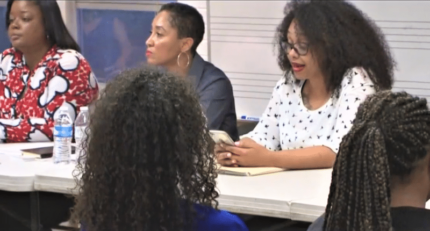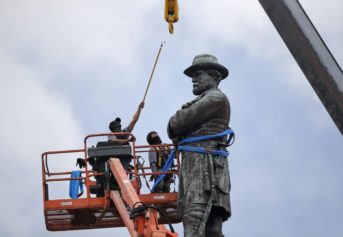Micah Loma’omvaya is expertly dodging ruts on a narrow footpath-turned-wagon-trail-turned-barely-passable-road when he spots a rogue compact car with California plates parked off to the side. Soon its day-pack-wearing occupants stroll into view.
“They shouldn’t be here without a guide,” says Loma’omvaya, a Hopi anthropologist who also happens to be a guide. “This is a federal Indian reservation. We fought for it and we have a right to control tours in it.”
Point taken. But as the wind-sculpted otherworldly beauty of Blue Canyon comes into view, it’s understandable what tempted the trespassers — and what compelled Sunset magazine to declare that if this spot weren’t in what it dubbed the “The Last Secret Land,” it’d be worthy of a starring role in a Ken Burns documentary.
The Hopi Reservation, 1.6 million acres of mostly raw wilderness, is home to 12 small, autonomous villages that pepper three high-desert mesas in northeastern Arizona. As a tribe, the Hopi have been protective of their traditions and ways of life — and their privacy.
But the opening of a native-owned hotel in 2010, and the creation this summer of an arts trail that leads to galleries and crafters’ workshops, signals a new openness among many of the villages. The driving motivation: economic development that, in turn, will keep tribal members here and, ultimately, help keep the culture alive.
Unemployment among the 9,500 reservation residents is at least 50%. There are few commercial enterprises save for small family-owned shops in which artisans sell their pottery, silver jewelry, baskets or carvings. There are no fast-food joints, no convenience stores, and the nearest Walmart is 130 miles away.
Mixed views of tourism
Tourism isn’t exactly new to Hopi. More than 50 years ago, the tribe opened the Hopi Cultural Center on Second Mesa, with a motel, restaurant and small museum. Still, as Loma’omvaya puts it, “The villages have a love-hate relationship with tourism. We’ve engaged visitors since the railroad came in. Hopis try to be the best hosts we can be. But we also expect (visitors) to respect our traditions and ways…
Read more: USA Today


